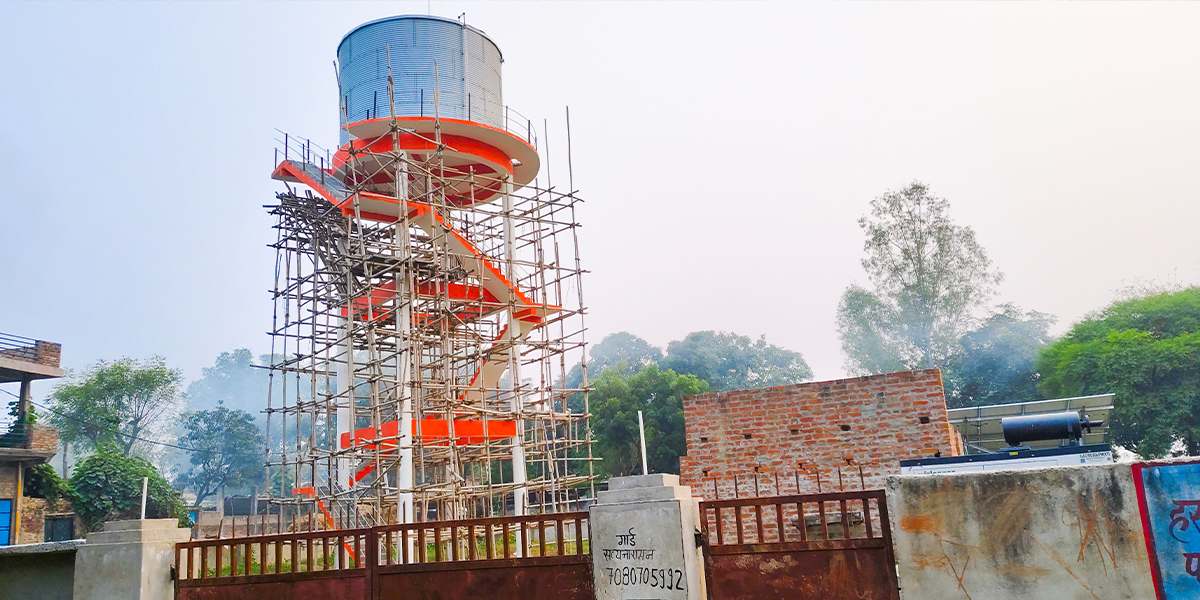
Water Supply Service
Water supply projects are critical for ensuring the availability and distribution of clean, potable water to communities, industries and agricultural sectors. The process begins with identifying water sources such as rivers, lakes, reservoirs, or groundwater, followed by detailed planning to assess the needs of the area. Engineers design a network of infrastructure, including intake structures, filtration plants, pumping stations and distribution pipelines, to efficiently transport water to the end users.
The water treatment process is a key component of water supply projects, involving the purification of raw water to remove contaminants and pathogens. This typically includes processes like coagulation, sedimentation, filtration and disinfection to ensure the water is safe for drinking and daily use. Once treated, the water is stored in reservoirs or elevated tanks and is pumped through a series of pipelines that stretch across urban, suburban and rural areas.
To maintain a reliable water supply, the project also incorporates monitoring systems to track water quality, pressure and flow, ensuring that the distribution network operates efficiently and any issues are quickly addressed. Water conservation measures, such as leak detection and efficient metering, are also part of modern water supply systems to reduce waste and optimize resources.
Water supply projects not only improve public health and quality of life but also support economic development, agriculture, and industrial activities. They play a vital role in urban planning and contribute to the sustainability of water resources for future generations.

